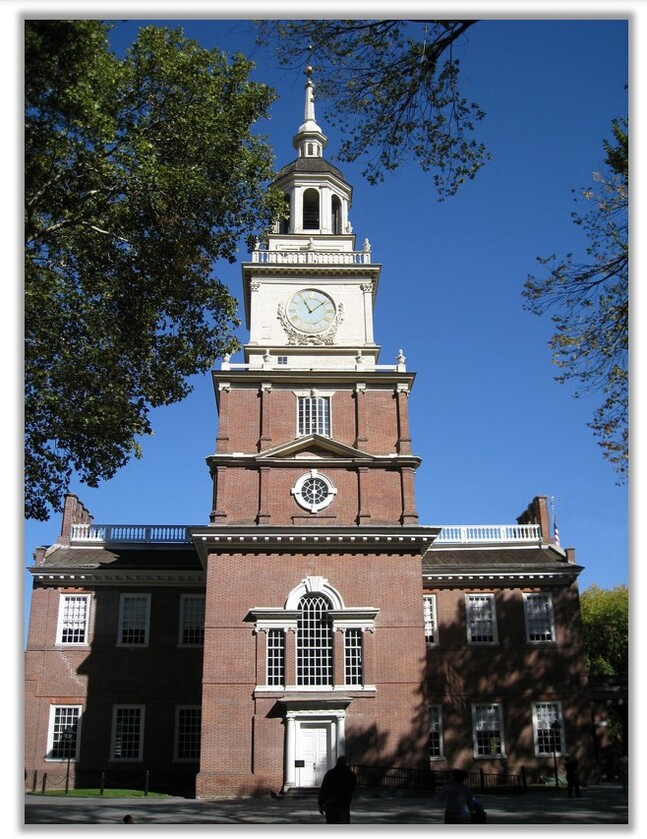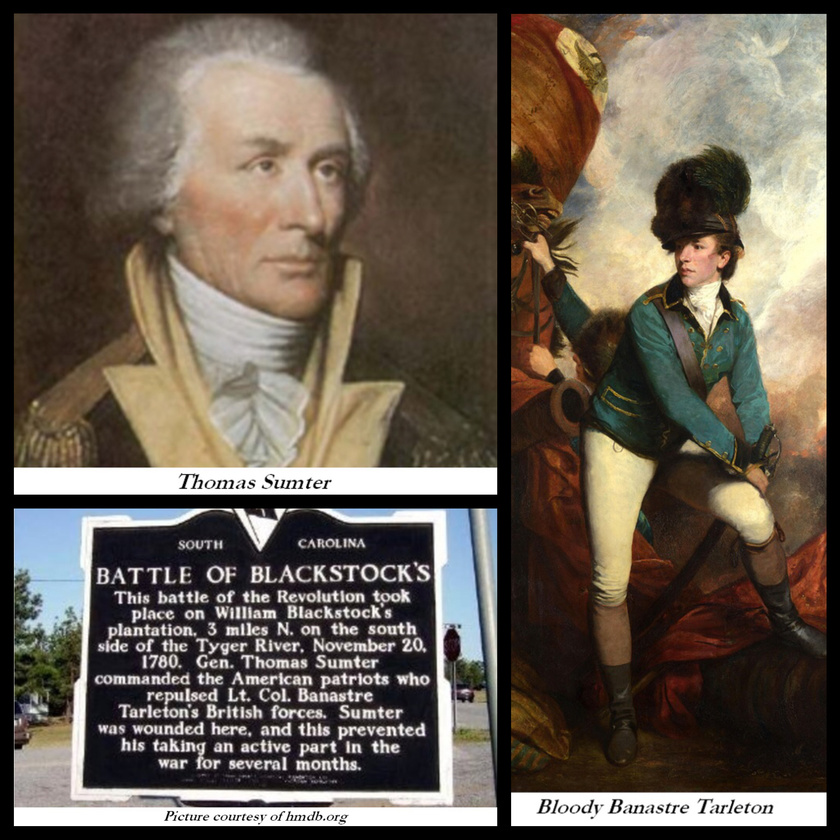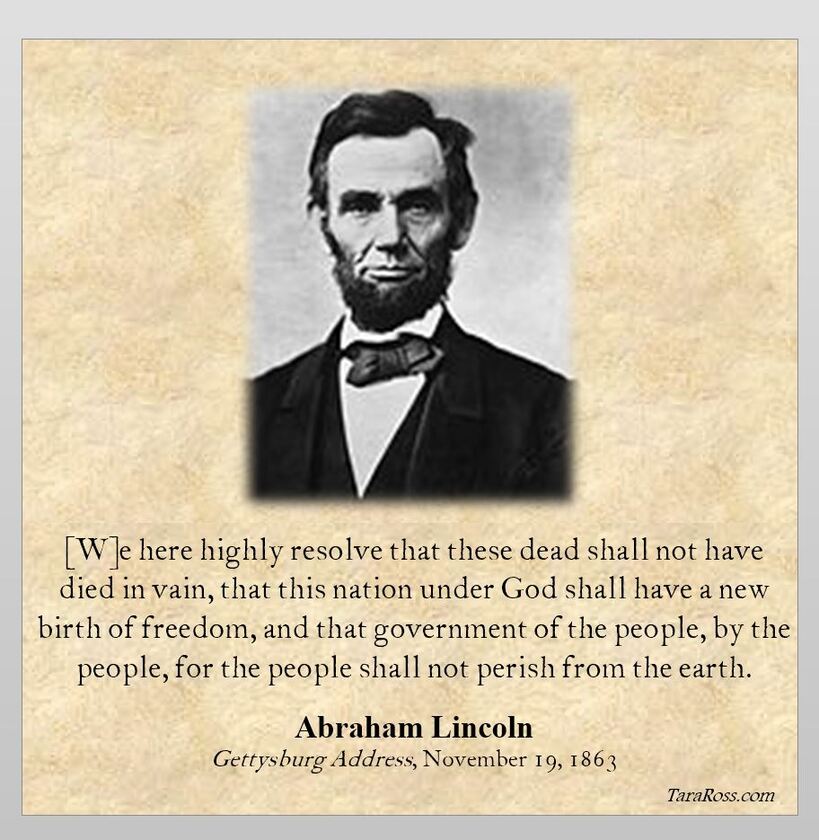On this day in 1817, an American Patriot passes away. Wentworth Cheswell was the grandson of a slave, and yet he lived life as a free man. He was even elected to public office. But there is much more to Cheswell than just his lineage. Most importantly, he was a Patriot who served his country in multiple ways during the American Revolution. Indeed, he held public positions for much of his life.
Cheswell (or Cheswill) was born in New Hampshire in 1746. Although his grandfather had been a slave, his father lived life as a free man. Hopestill Cheswell was a master housewright who built homes for Patriots such as John Paul Jones. He soon earned enough money to purchase more than 100 acres of his own land. Hopestill’s prosperity gave him the means to provide his son with a formal education. Such an education would have been rare for a “country boy.” Once his education was complete, Cheswell was a school teacher for a short period of time. It wasn’t long before he was an established property owner and a respected member of his community. Indeed, from 1768 until his death in 1817, Cheswell held a variety of public positions.
Actually, he held many positions. He was a constable, a town selectman, a keeper of town records, town assessor, a coroner, and a justice of the peace. He helped develop education regulations for the local schools, and he helped start the town’s first private library.
He held at least one other important position on the eve of the American Revolution. He was a messenger for his local Committee of Safety, and he made at least one Paul Revere-type ride to warn locals of British movements.
The story continues here: https://www.taraross.com/post/tdih-wentworth-cheswell
#TDIH #OTD #History #USHistory #liberty #freedom #ShareTheHistory
On this day in 1787, the Commonwealth of Pennsylvania begins ratification debates on the United States Constitution. You might imagine a bunch of dull Founders tamely approving a document, but the events that followed in Pennsylvania were anything but tame.
To the contrary, Pennsylvania’s story includes an irate minority, legislators hauled through the streets, and rousing speeches to huge crowds. Can you imagine what modern news stations would do with such raucous events today!?!
Trouble began soon after the Constitutional Convention adjourned on September 17.
The story continues here: https://www.taraross.com/post/tdih-pa-ratify-constitution

On this day in 1780, a motley band of American militia defeat the much-loathed Banastre “Bloody Ban” Tarleton at the Battle of Blackstock’s.
Perhaps you remember the fictitious villain, Colonel William Tavington, from Mel Gibson’s “The Patriot”? Bloody Ban Tarleton was the real-life inspiration for Tavington.
The conflict at Blackstock’s began, at least in part, because British General Charles Cornwallis was becoming increasingly frustrated with American Brigadier General Thomas Sumter. The so-called “Carolina Gamecock” was a constant thorn in the British General’s side. Cornwallis wanted Sumter caught, and he decided to send the much-feared Tarleton to accomplish this task.
The story continues here: https://www.taraross.com/post/tdih-battle-blackstocks

On this day in 1863, Abraham Lincoln delivers his famous Gettysburg address. Did you know that no one knows exactly where he gave the speech? And no one knows precisely what he said? Several different transcripts of the speech exist, each with slightly different phrasing.
His speech wasn’t even supposed to be the main feature that day. Instead, a two-hour oration by a former Secretary of State, Edward Everett, was supposed to be the highlight.
Lincoln’s two-minute speech would go down in history. Everett’s has been mostly forgotten.
The story continues here: https://www.taraross.com/post/tdih-gettysburg-address














